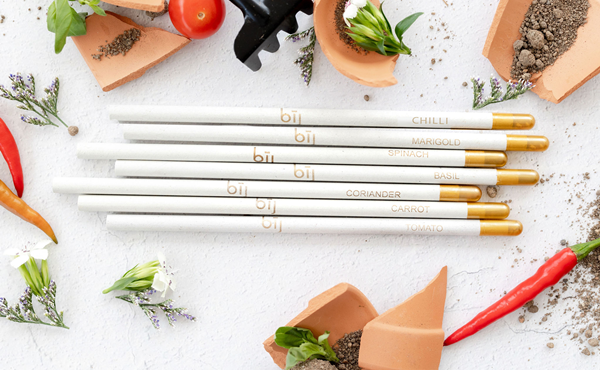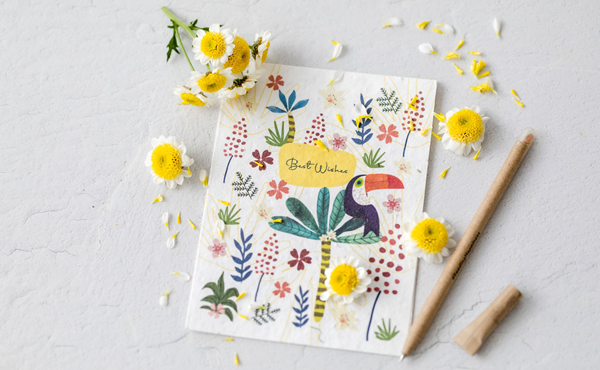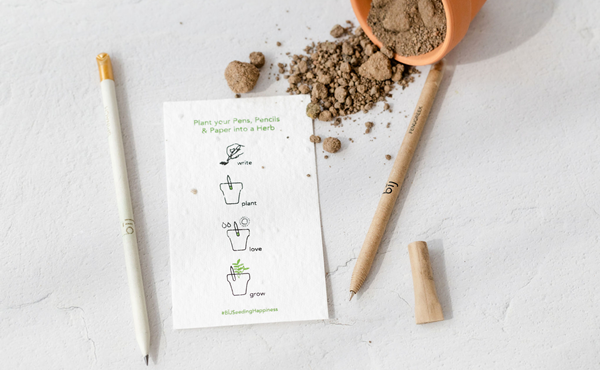Demand for plantable products is skyrocketing as consumers become more aware of environmentally friendly and functional offerings to replace their less sustainable/single use counterparts.
According to the Global Sustainability Study conducted by consultancy group Simon Kucher, 71 per cent of global consumers are making changes to the way they live and the products they buy in an attempt to be more sustainable.
For many consumers, plantable products are a perfect introduction to the zero-waste philosophy and zero-waste consumerism will continue to grow as consumers look to minimise their environmental footprint without compromising on the amenities and comforts of modern life.

Plantable packaging alone is expected to rise from US$120 million in 2023 to $340 million by 2033.
The study also shows that 77 per cent of Gen Z and 72 per cent of Millennials are willing to pay extra for sustainable products.
Eco stationery brand Left-handesign has witnessed this first-hand having seen strong growth since its launch in 2017 in Singapore.
“It has been incredibly affirming to see how the simple idea of embedding seeds into everyday items like pens and packaging can fuel an entire sustainability movement in which anyone can take part,” says founder Radhika Mayani.

“As the climate crisis worsens, we are proud to be part of the solution of reducing landfill and actively contributing to reforestation and biodiversity to create a new model of consumerism that is kinder to the planet.”
Having recently entered the Australian market, Left-handesign is quickly gaining traction for its innovative zero-waste products like the signature smooth gel BĪJ pen, which can be planted straight into the ground at the end of its life to grow into herbs, flowers and vegetables.
In Australia alone it’s estimated that 140 million pens end up in landfill every single year. Globally over 10 billion plastic pens are thrown out each year, creating a stream of toxic plastic waste that pollutes our planet.

“It has been a challenge to create a viable business where the emphasis is on products that are created for the circular economy,” says founder, Radhika Mayani.
“But our brand’s success shows there is real appetite for solutions that address the ecological devastation of existing industries.”
When consumers and businesses opt for Left-handesign they are actively investing in a greener future where carbon-neutrality, 100 per cent renewable energy and zero-waste becomes the norm. As a business, Left-handesign also facilitates reforestation and the effort to clean up our oceans through various initiatives like Trace and 1% For The Planet.







